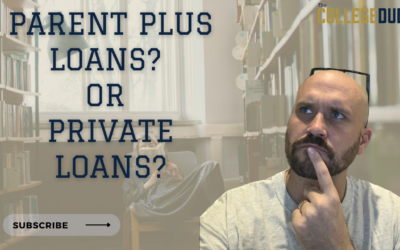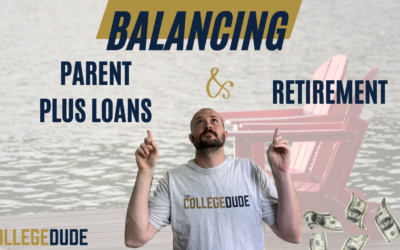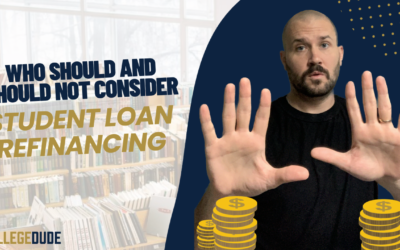Recovering from defaulting on student loans can be a process, but not one that will be fatal to a financial future. While it’s not ideal to default on a student loan, there are actions that can be taken to fix the default and get you back on track.
For starters, the Biden administration announced a new “Fresh Start Initiative” last year, which applies to Direct Loans that are currently in default. Rather than “in collections,” the defaulted loans will show up as “current.” Some of these features are still contingent on the payment freeze ending, so this is still an ongoing and fluid situation.
That said, the department of education gives a few options. The first is to pay the defaulted loan in full. Rarely people utilize payment in full.
The other ways are to either a) rehabilitate your loan(s) or b) consolidate your loan(s).
Rehabilitate your Loans
By rehabilitating your Direct Loans, you can enter into a Repayment Plan that can be income-driven, remain eligible for loan forgiveness programs, and most importantly, can see the record of default on your credit history removed (although late payments reported by the loan holder are still likely to show). The first step is to get in contact with the loan holder and discuss the desire to start this process. Assuming a Federal Perkins loan is not one of the loans to be rehabilitated, you must meet the following 2 criteria:
1 – Agree to make nine voluntary, reasonable, and affordable monthly payments within 20 days of the due date as determined by the loan holder to meet the first criteria for rehabilitating a Federal Perkins loan.
2 – make all nine payments during a period of 10 consecutive months. While you’re repaying these payments, you may be subject to the same Treasury offset from before, and/or wage garnishment, but after the rehabilitation is complete, the loans will no longer be in default. Rehabilitation is a one-time opportunity.
Consolidate your loans
The consolidation process is a bit different. The consolidation options are dependent on which type of loan you carry. If you hold a Defaulted Direct Loan, you must consolidate it with at least one other loan, otherwise you cannot consolidate it and must either pay it in full or rehabilitate it. Otherwise, if you can consolidate two eligible loans, you must first either agree to repay the loan under an Income-Driven Repayment plan, or make 3 consecutive, voluntary, on time, and full payments on the defaulted loan before you consolidate it.
Once consolidated, the Direct Consolidation Loan is eligible for some of the other great benefits, such as deferment, forbearance, and loan forgiveness, but a downside is that the record will still show the default on your credit history.
Conclusion
Default on a student loan is not a death sentence financially. But you must make sure that you have a plan in place to fix the mistake. More importantly, make a plan and find the discipline to hold yourself accountable to pay off any remaining debt you have. If you need someone to help hold you accountable, contact me for more details.






